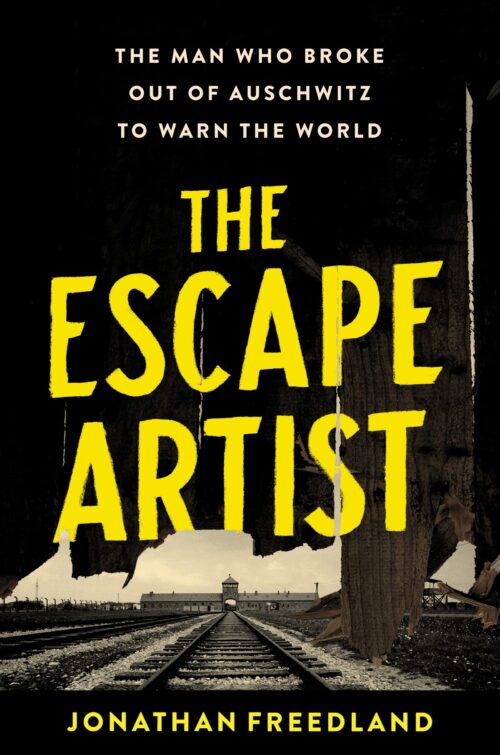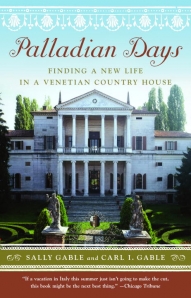This review contains affiliate links, which earn me a small commission when you click and purchase, at no extra cost to you. Thank you for supporting my small business and allowing me to continue providing you a reliable resource for clean book ratings.
Rudolf Vrba was one of the first Jews to escape Auschwitz, a mere teen when he did so. He was taken there in 1942 from his home in Slovakia and witnessed the horrors of the camp. As months went by after his arrival, he began to grasp the big picture of what the Nazis were doing. The Germans had lured the Jews to the camp on the pretense of resettlement. But it was just a way to keep them calm and compliant as they led them directly to their murders. So Rudi (the name he took after his escape; his name while imprisoned was Walter Rosenberg) determined to commit to memory everything he saw. And even as he saw fellow inmates killed after or during escape attempts, he knew he must get away and warn other Jews.
Because he worked in several positions and locations in Auschwitz, Rudi was able to gather a lot of useful information. That included numbers of people brought to the camp and immediately slaughtered, the dates they arrived, and their countries of origin.
In April 1944, he and another inmate managed to carry out their carefully planned escape. When they arrived back in Slovakia, they found a safe haven with Jewish leaders. They spent two full days giving an exhaustive report of all they had experienced and committed to memory.
Rudi in particular had dreamed for two years of being able to share the truth with all the Jews who thought they were being resettled with their families. He felt sure that if they just knew what they were facing, they could revolt and, at the very least, not make the killing an easy process for the Germans. But he was disappointed and angry to find out that would not be the case.
About half of the narrative in The Escape Artist details Rudi’s experiences in Auschwitz and the escape. Then the second half focuses on the aftermath. I found myself just as shocked at the lack of action on many fronts to the “Vrba-Wetzler report.” While the report and Rudi’s follow-up actions to get that information to more people did save about 200,000 people, it didn’t save the hundreds of thousands more it had the potential to.
I was amazed by this story and that I hadn’t heard about it before. Jonathan Freedland writes at the beginning that he learned about Rudi as a teen while watching the nine-hour documentary “Shoah” in the 1980s. Freedland says Rudi “left a deep mark” on him. He writes, “Over the decades, I would be struck how few others had ever heard of him.” So 30 years later, he started to look into that man’s life. He was able to speak a half-dozen times to his first wife, who was in her 90s and died just after their last conversation. Freedland also gathered a lot of information and insight from Vrba’s second wife.
The result of all Freedland’s research is a powerful book about the determination and tenacity of one man. It’s the story of an escape; it’s the story of how Vrba’s experience shaped his life and that of his children. And it’s a fascinating and surprising story about how even a horrific truth doesn’t necessarily persuade people to act differently. I’m so glad I was able to read this book and add it to what I have learned about this terrible time in history.
Rated: Moderate. Profanity includes 10 instances of moderate profanity, a few uses of mild language, and about 5 instances of the name of Deity in vain, as well as 3 instances of the British (bl-) curse word. Sexual content includes mentions of people having sex but no details. Violence is the main reason for the rating: this is an account of the atrocities of the Holocaust, in particular in Auschwitz.




